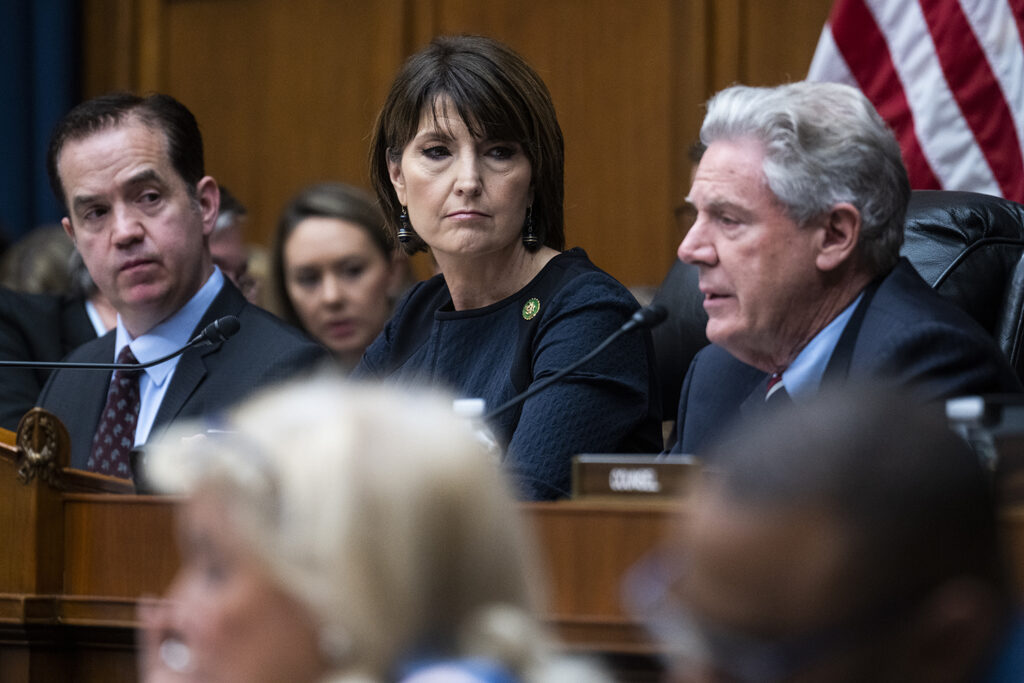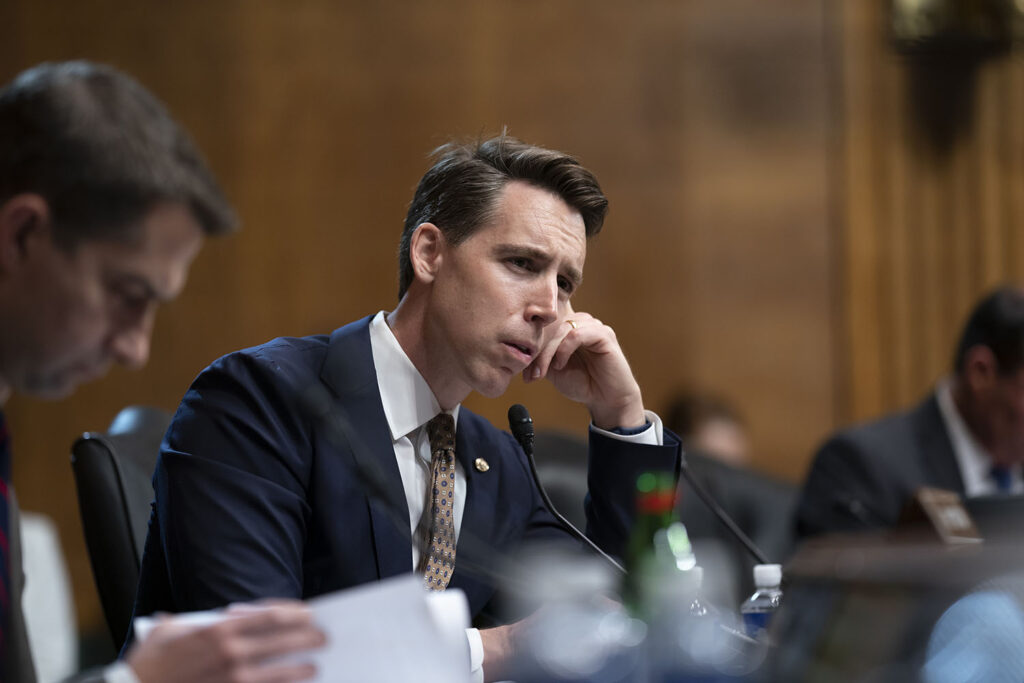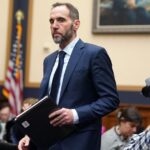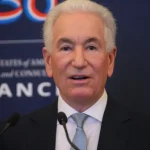
Leaders of the House Energy and Commerce Committee recently released a draft proposal that would repeal the tech industry’s long-standing liability shield in early 2025. The bipartisan proposal comes amid concerns over child safety, criminal activity, and misinformation in election material online in the run-up to November’s elections.
Chairwoman Cathy McMorris Rodgers (R-WA) and ranking member Frank Pallone Jr. (D-NJ) authored the Section 230 Sunset Act. Its intent, per the committee’s website, is “to encourage Congress and stakeholders to work together over the next 18 months to evaluate and enact a new legal framework that will allow for free speech and innovation while also incentivizing these companies to be good stewards of their platforms.”

Section 230 was passed as part of a larger telecommunications package enacted in 1996 and aimed to encourage then-nascent services hosting third-party speech online to curate their forums. Because the legal system at the time triggered liability for those who removed posts but held those who never removed content harmless, the bipartisan measure clarified that the author of posts was a legally responsible party, not the host websites.
This legal framework allowed for the boom of social media as we know it today. However, many lawmakers and advocacy groups are now calling for more liability for Big Tech. Advocates for curtailing or repealing Section 230 point to mental health concerns around children online, illegal activities facilitated through apps, and misinformation that may affect the results of elections. Section 230 already does not shield platforms from carrying content that violates federal criminal law, but supporters are hopeful that increased liability for the digital conduits of information will further deter harms.
Opponents of repealing Section 230 highlight the enormous economic benefits and expansion of speech for everyone that the law has provided. They warn those gains will be jeopardized if Section 230 is scrapped. Faced with increasing liability for leaving posts up, much more third-party content is likely to be removed by platforms in attempts to avoid costly litigation.
While large platforms, like Meta’s Facebook and Instagram and Google’s YouTube, will be able to bear those costs, small and nascent platforms may choose to stop hosting third-party content altogether. Other services, like Wikipedia, user reviews on Yelp and Amazon, and comment sections on newspapers’ websites will also be exposed to heightened legal costs without the protections of Section 230.
The authors of the bill made clear in an opinion piece for the Wall Street Journal that they hope Congress will act to replace Section 230 with a legal structure retaining its benefits and better addressing some of their complaints. But Congress has a poor record tweaking the liability shield.
The one alteration to Section 230 was the enactment of the Allow States and Victims to Fight Online Sex Trafficking Act and the Stop Enabling Sex Traffickers Act in 2018, which acted as twin carveouts for the liability shield. Critics argue that the changes pushed more illegal activity into less safe alternatives for sex workers and point out that whole online forums, also containing legal speech, were removed to avoid litigation.

Calls for curtailing or repealing Section 230 do enjoy bipartisan support, but agreeing on the details of legislation is problematic because criticism of the law runs in opposite directions. Those on the political Left think the platforms aren’t doing enough to take down what they view as dangerous or harmful posts. President Joe Biden has called for both the repeal and curtailing of Section 230, although he also revoked an executive order from former President Donald Trump calling for Section 230 protections to apply only to platforms that make “good faith” content moderation decisions and giving oversight to the Federal Communications Commission.
CLICK HERE TO READ MORE FROM THE WASHINGTON EXAMINER
Just the opposite of concerns from the political Left, those advocating changes or the elimination of Section 230 on the political Right think platforms are taking down too much content, especially that of a conservative bent. They point to Trump’s removal from popular social media platforms and the handling of the story about Hunter Biden’s laptop three weeks before the 2020 presidential election, among other examples. In response, Sen. Josh Hawley (R-MO) introduced a bill that would force platforms to earn their Section 230 protections by convincing the Federal Trade Commission they were not moderating content with a political bias every two years.
The House committee held a hearing on the draft bill this week, but chances for passing the legislation are increasingly slim as the elections in the fall loom ever larger and time in this congressional session runs down.




